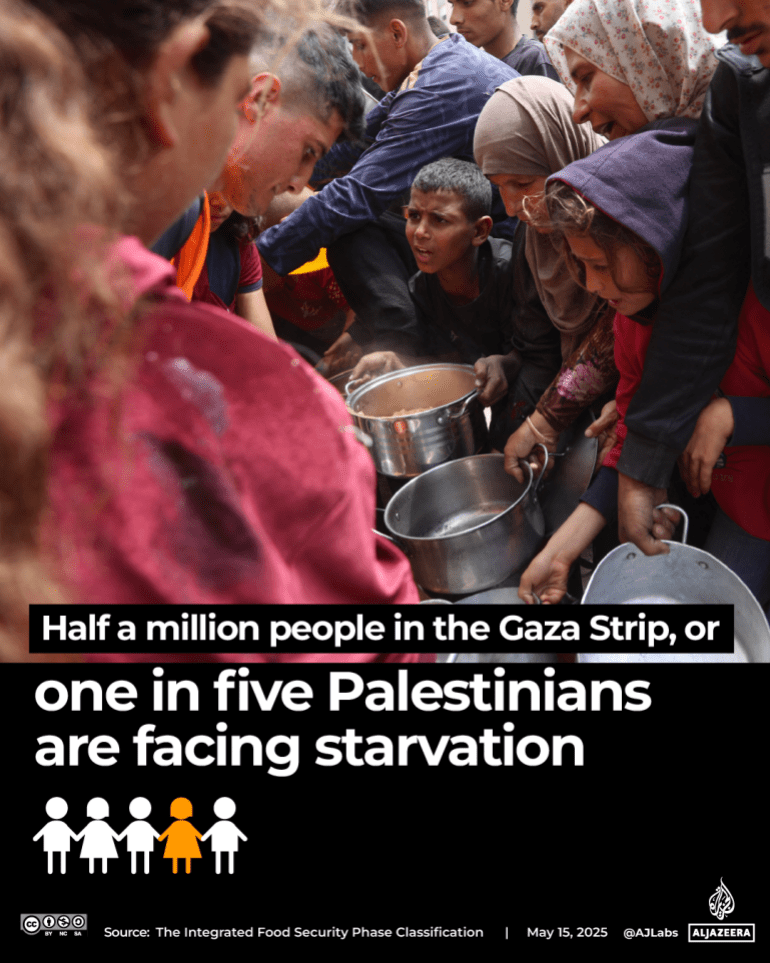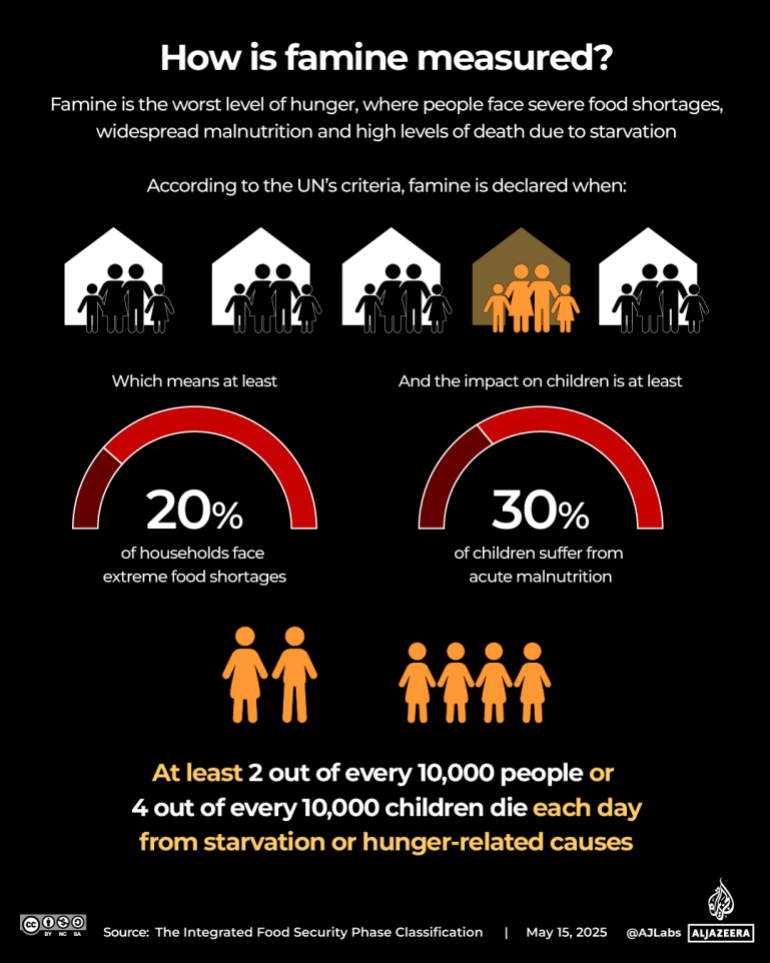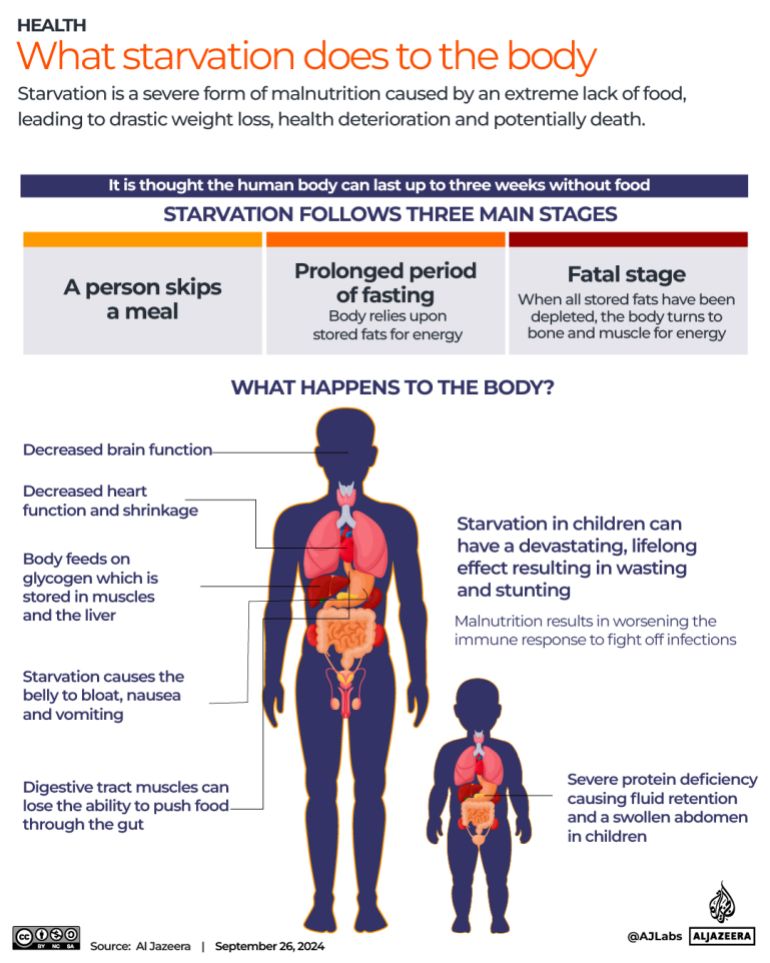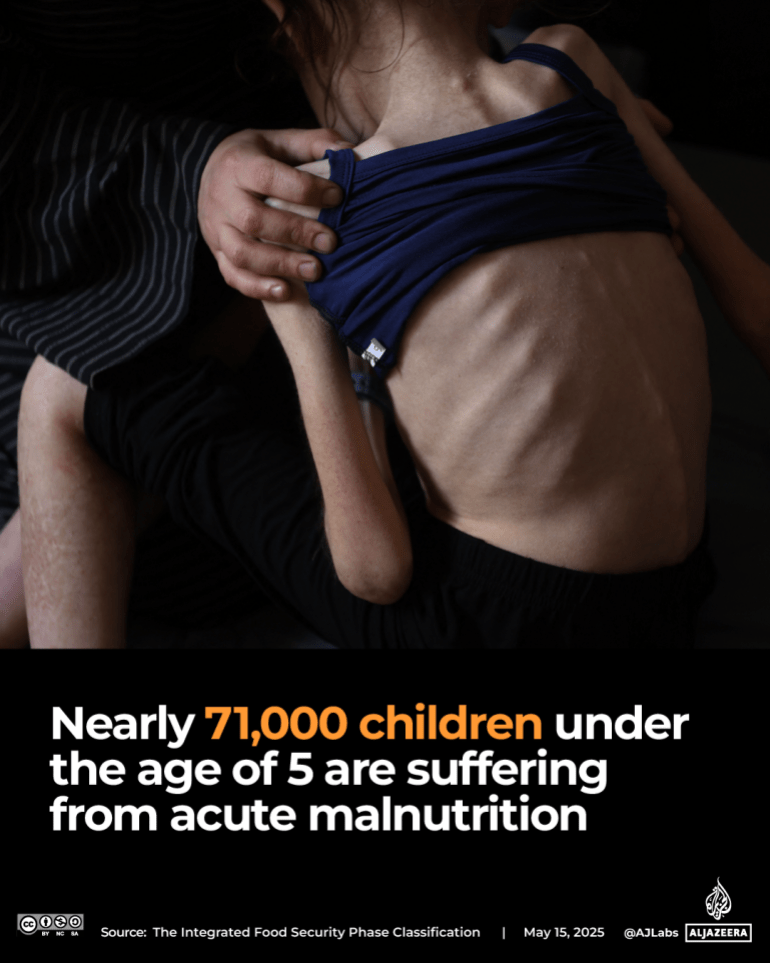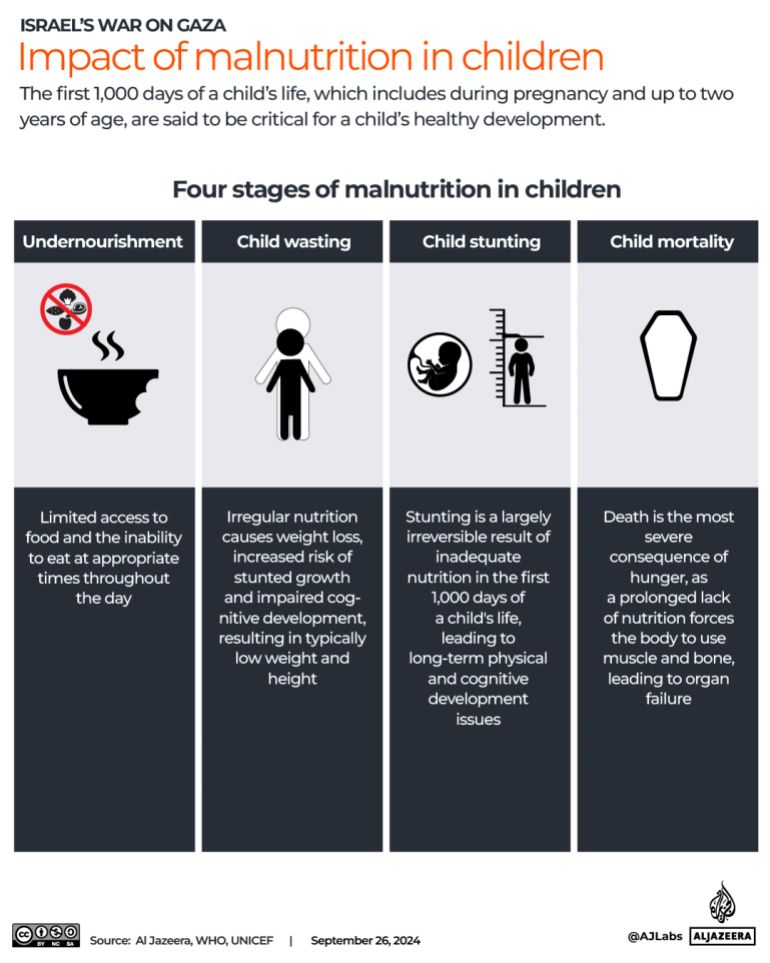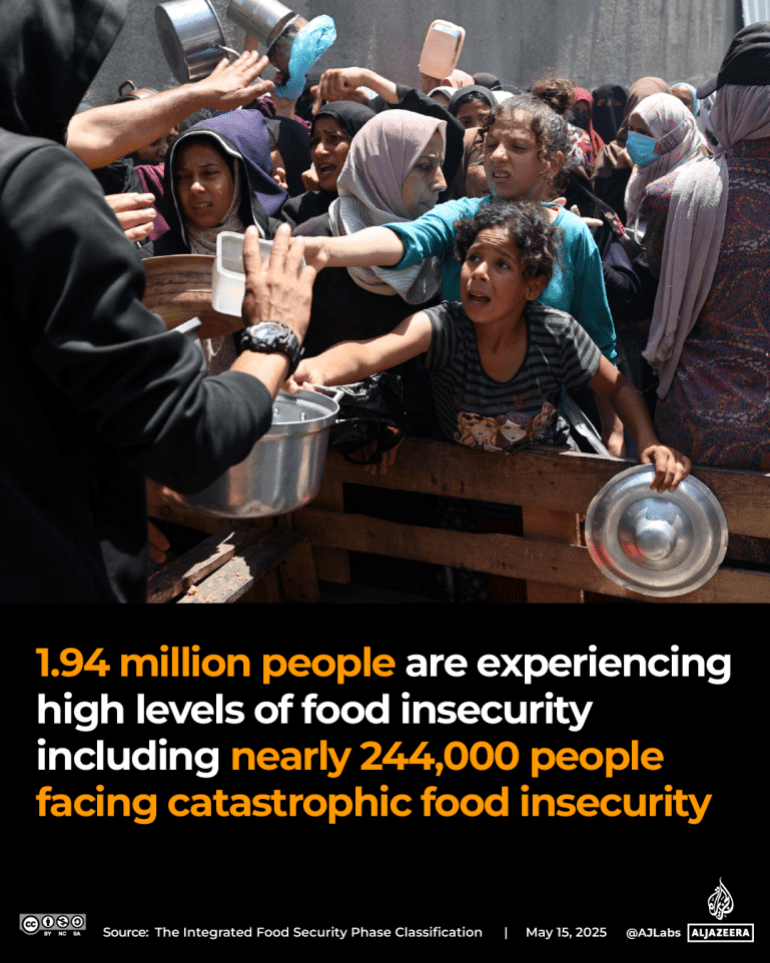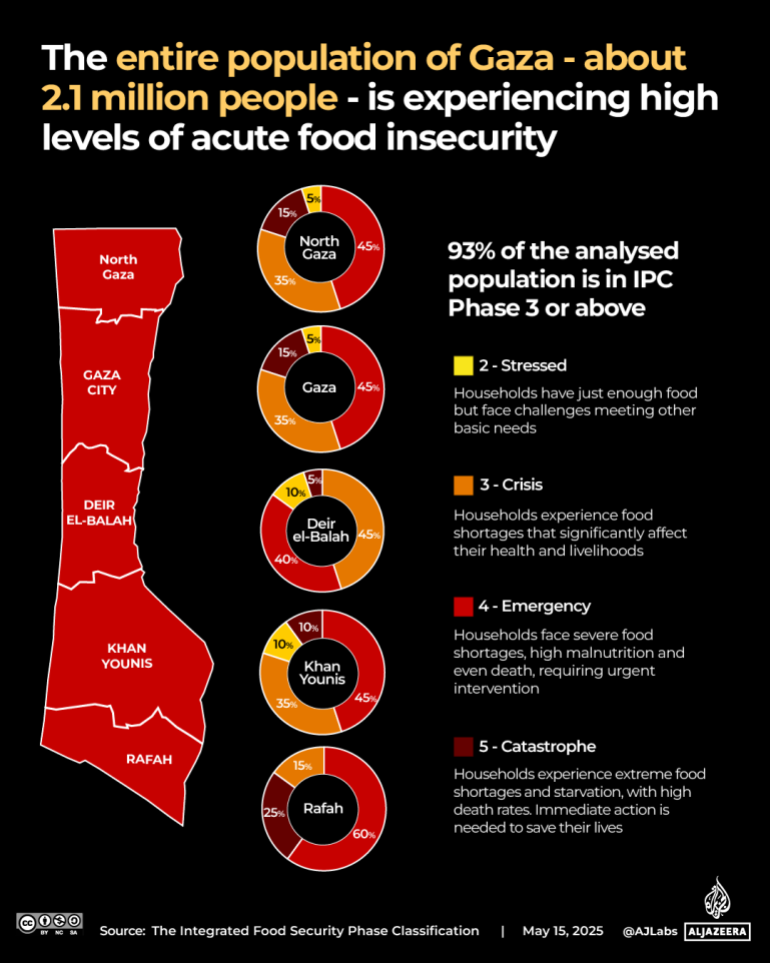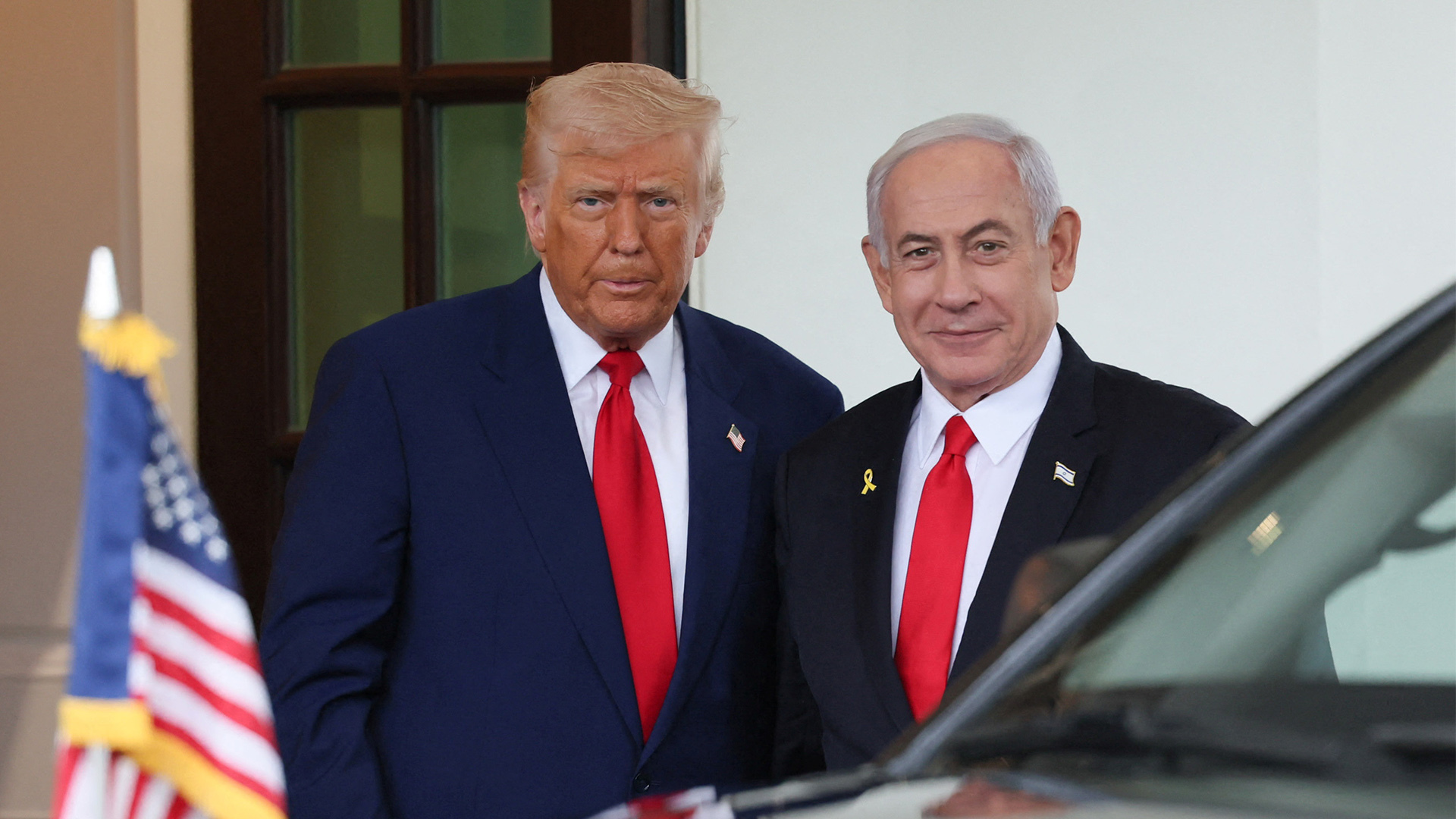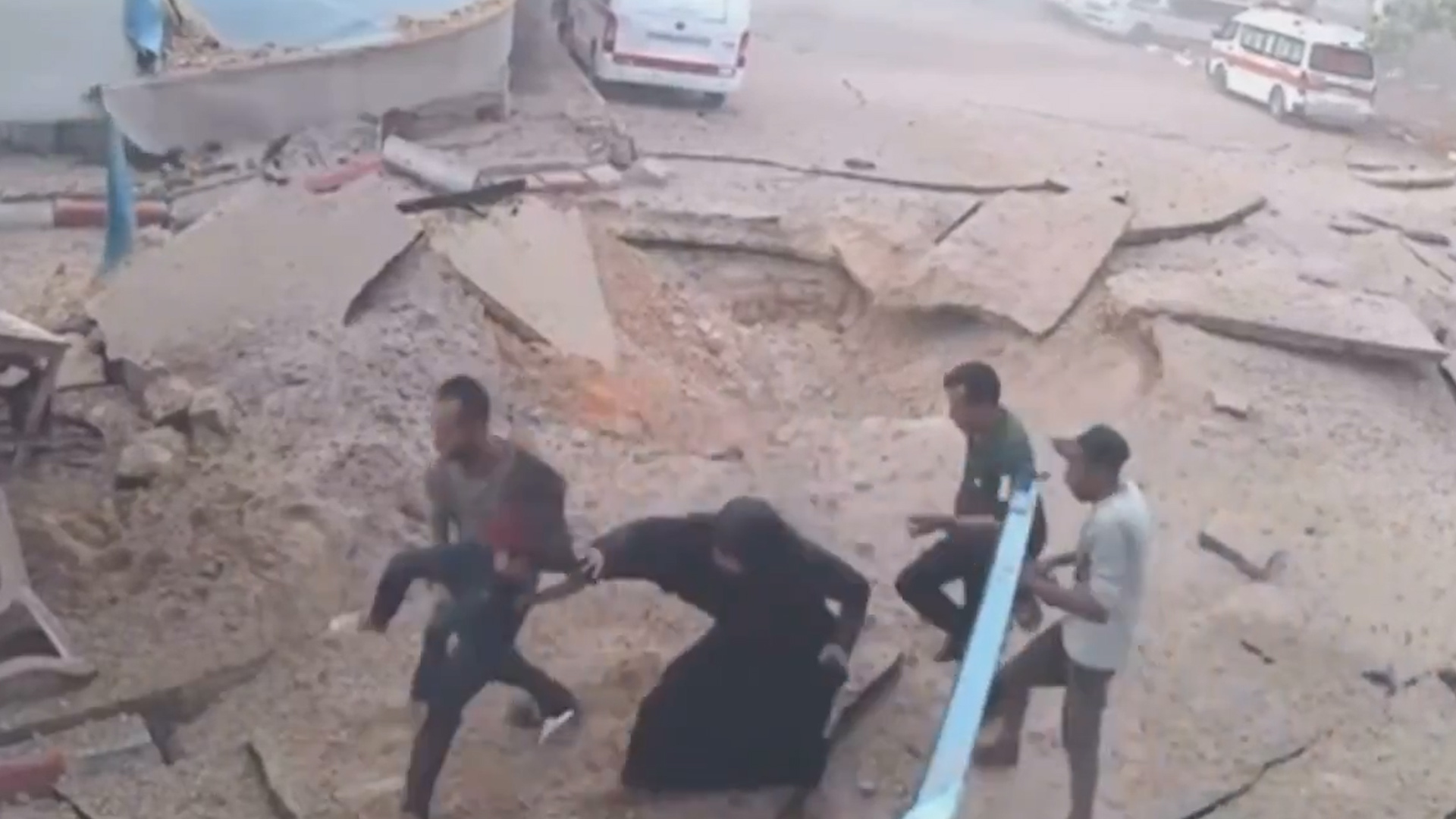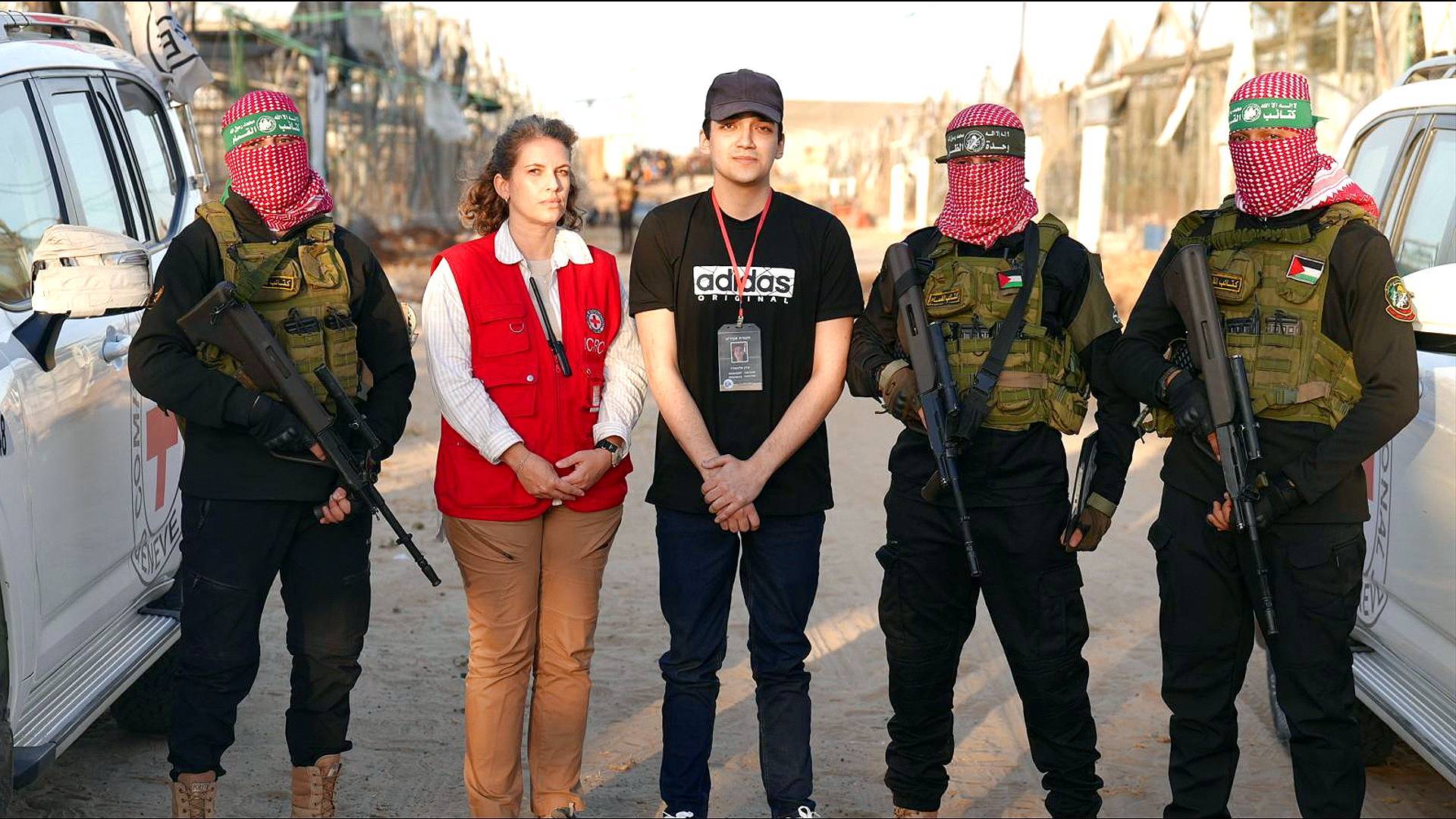‘Xenophobic’: Neighbours outraged over Mauritania’s mass migrant pushback | Refugees News
Their situation seemed desperate; their demeanour, portrayed in several videos published by news outlets, was sour.
On a recent weekday in March, men, women, and even children – all with their belongings heaped on their heads or strapped to their bodies – disembarked from the ferry they say they were forcibly hauled onto from the vast northwest African nation of Mauritania to the Senegalese town of Rosso, on the banks of the Senegal River.
Their offence? Being migrants from the region, they told reporters, regardless of whether they had legal residency papers.
“We suffered there,” one woman told France’s TV5 Monde, a baby perched on her hip. “It was really bad.”
The deportees are among hundreds of West Africans who have been rounded up by Mauritanian security forces, detained, and sent over the border to Senegal and Mali in recent months, human rights groups say.
According to one estimate from the Mauritanian Association for Human Rights (AMDH),1,200 people were pushed back in March alone, even though about 700 of them had residence permits.
Those pushed back told reporters about being randomly approached for questioning before being arrested, detained for days in tight prison cells with insufficient food and water, and tortured. Many people remained in prison in Mauritania, they said.
The largely desert country – which has signed expensive deals with the European Union to keep migrants from taking the risky boat journey across the Atlantic Ocean to Western shores – has called the pushbacks necessary to crack down on human smuggling networks.
However, its statements have done little to calm rare anger from its neighbours, Mali and Senegal, whose citizens make up a huge number of those sent back.

Mali’s government, in a statement in March, expressed “indignation” at the treatment of its nationals, adding that “the conditions of arrest are in flagrant violation of human rights and the rights of migrants in particular.”
In Senegal, a member of parliament called the pushbacks “xenophobic” and urged the government to launch an investigation.
“We’ve seen these kinds of pushbacks in the past but it is at an intensity we’ve never seen before in terms of the number of people deported and the violence used,” Hassan Ould Moctar, a migration researcher at the School of Oriental and African Studies (SOAS) in London, told Al Jazeera.
The blame, the researcher said, was largely to be put on the EU. On one hand, Mauritania was likely under pressure from Brussels, and on the other hand, it was also likely reacting to controversial rumours that migrants deported from Europe would be resettled in the country despite Nouakchott’s denial of such an agreement.
Is Mauritania the EU’s external border?
Mauritania, on the edge of the Atlantic, is one of the closest points from the continent to Spain’s Canary Islands. That makes it a popular departure point for migrants who crowd the coastal capital, Nouakchott, and the commercial northern city of Nouadhibou. Most are trying to reach the Canaries, a Spanish enclave closer to the African continent than to Europe, from where they can seek asylum.
Due to its role as a transit hub, the EU has befriended Nouakchott – as well as the major transit points of Morocco and Senegal – since the 2000s, pumping funds to enable security officials there to prevent irregular migrants from embarking on the crossing.
However, the EU honed in on Mauritania with renewed vigour last year after the number of people travelling from the country shot up to unusual levels, making it the number one departure point.
About 83 percent of the 7,270 people who arrived in the Canaries in January 2024 travelled from Mauritania, migrant advocacy group Caminando Fronteras (CF) noted in a report last year. That number represented a 1,184 percent increase compared with January 2023, when most people were leaving Senegal. Some 3,600 died on the Mauritania-Atlantic route between January and April 2024, CF noted.

Analysts, and the EU, link the surge to upheavals wracking the Sahel, from Mali to Niger, including coups and attacks by several armed groups looking to build caliphates. In Mali, attacks on local communities by armed groups and government forces suspicious of locals have forced hundreds over the border into Mauritania in recent weeks.
Ibrahim Drame of the Senegalese Red Cross in the border town of Rosso told Al Jazeera the migrant raids began in January after a new immigration law went into force, requiring a residence permit for any foreigner living on Mauritanian soil. However, he said most people have not had an opportunity to apply for those permits. Before this, nationals of countries like Senegal and Mali enjoyed free movement under bilateral agreements.
“Raids have been organised day and night, in large markets, around bus stations, and on the main streets,” Drame noted, adding that those affected are receiving dwindling shelter and food support from the Red Cross, and included migrants from Togo, Nigeria, Niger, The Gambia, Guinea-Bissau, Guinea Conakry, Sierra Leone, Liberia, Ghana and Benin.
“Hundreds of them were even hunted down in their homes or workplaces, without receiving the slightest explanation … mainly women, children, people with chronic illnesses in a situation of extreme vulnerability and stripped of all their belongings, even their mobile phones,” Drame said.
Last February, European Commission head, Ursula von der Leyen, visited President Mohamed Ould Ghazouani in Nouakchott to sign a 210 million euro ($235m) “migrant partnership agreement”. The EU said the agreement was meant to intensify “border security cooperation” with Frontex, the EU border agency, and dismantle smuggler networks. The bloc has promised an additional 4 million euros ($4.49m) this year to provide food, medical, and psychosocial support to migrants.
Spanish Prime Minister Pedro Sanchez was also in Mauritania in August to sign a separate border security agreement.
Fear and pain from a dark past
Black Mauritanians in the country, meanwhile, say the pushback campaign has awakened feelings of exclusion and forced displacement carried by their communities. Some fear the deportations may be directed at them.
Activist Abdoulaye Sow, founder of the US-based Mauritanian Network for Human Rights in the US (MNHRUS), told Al Jazeera that to understand why Black people in the country feel threatened, there’s a need to understand the country’s painful past.
Located at a confluence where the Arab world meets Sub-Saharan Africa, Mauritania has historically been racially segregated, with the Arab-Berber political elite dominating over the Black population, some of whom were previously, or are still, enslaved. It was only in 1981 that Mauritania passed a law abolishing slavery, but the practice still exists, according to rights groups.

Dark-skinned Black Mauritanians are composed of Haratines, an Arabic-speaking group descended from formerly enslaved peoples. There are also non-Arabic speaking groups like the Fulani and Wolof, who are predominantly from the Senegal border area in the country’s south.
Black Mauritanians, Sow said, were once similarly deported en masse in trucks from the country to Senegal. It dates back to April 1989, when simmering tensions between Mauritanian herders and Senegalese farmers in border communities erupted and led to the 1989-1991 Border War between the two countries. Both sides deployed their militaries in heavy gunfire battles. In Senegal, mobs attacked Mauritanian traders, and in Mauritania, security forces cracked down on Senegalese nationals.
Because a Black liberation movement was also growing at the time, and the Mauritanian military government was fearful of a coup, it cracked down on Black Mauritanians, too.
By 1991, there were refugees on either side in the thousands. However, after peace came about, the Mauritanian government expelled thousands of Black Mauritanians under the guise of repatriating Senegalese refugees. Some 60,000 people were forced into Senegal. Many lost important citizenship and property documents in the process.
“I was a victim too,” Sow said. “It wasn’t safe for Blacks who don’t speak Arabic. I witnessed armed people going house to house and asking people if they were Mauritanian, beating them, even killing them.”
Sow said it is why the deportation of sub-Saharan migrants is scaring the community. Although he has written open letters to the government warning of how Black people could be affected, he said there has been no response.
“When they started these recent deportations again, I knew where they were going, and we’ve already heard of a Black Mauritanian deported to Mali. We’ve been sounding the alarm for so long, but the government is not responsive.”
The Mauritanian government directed Al Jazeera to an earlier statement it released regarding the deportations, but did not address allegations of possible forced expulsions of Black Mauritanians.
In the statement, the government said it welcomed legal migrants from neighbouring countries, and that it was targeting irregular migrants and smuggling networks.
“Mauritania has made significant efforts to enable West African nationals to regularise their residence status by obtaining resident cards following simplified procedures,” the statement read.
Although Mauritania eventually agreed to take back its nationals between 2007 and 2012, many Afro-Mauritanians still do not have documents proving their citizenship as successive administrations implement fluctuating documentation and census laws. Tens of thousands are presently stateless, Sow said. At least 16,000 refugees chose to stay back in Senegal to avoid persecution in Mauritania.
Sow said the fear of another forced deportation comes on top of other issues, including national laws that require students in all schools to learn in Arabic, irrespective of their culture. Arabic is Mauritania’s lingua franca, but Afro-Mauritanians who speak languages like Wolof or Pula are against what they call “forced Arabisation”. Sow says it is “cultural genocide”.
Despite new residence permit laws in place, Sow added, migrants, as well as the Black Mauritanian population, should be protected.
“Whether they are migrants or not, they have their rights as people, as humans,” he said.

